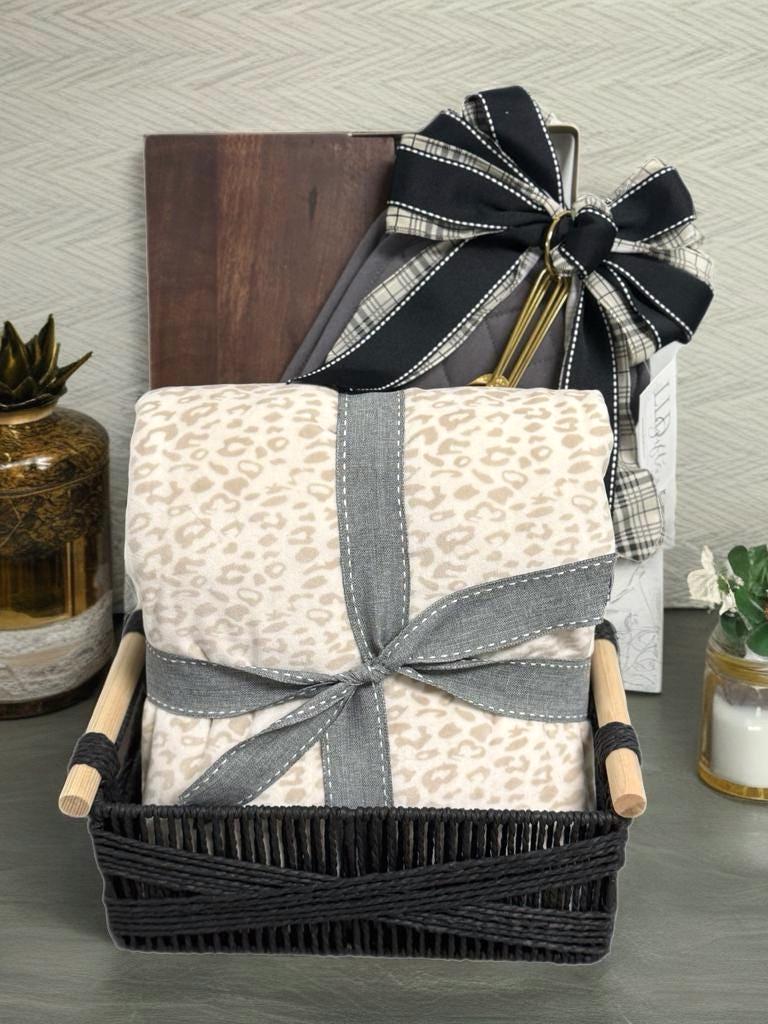
Global Gifting Etiquette: How to Choose Corporate Gifts That Respect Cultural Traditions
As businesses expand internationally, leaders find themselves navigating a wide variety of cultural practices. What feels like a thoughtful gift in one country might be seen as inappropriate or even offensive in another. In global business, gifting is not only a gesture of goodwill, it is a reflection of your awareness, respect, and professionalism.
In this article, we will explore the importance of cultural sensitivity in corporate gifting. You will learn about key traditions in different parts of the world, common mistakes to avoid, and practical strategies to ensure your gifts leave a positive impression wherever your business takes you.
Why Cultural Awareness Matters in Gifting
In every culture, gifting carries symbolic meaning. The act of giving is rarely just about the physical object. It is about the relationship, the message, and the respect conveyed.
When a gift is chosen without cultural awareness, it risks creating misunderstanding. On the other hand, a gift that honors tradition can elevate your reputation, deepen trust, and show that you value the partnership beyond the transaction.
Simply put, culturally sensitive gifting is an investment in relationships that span borders.
Regional Perspectives on Gifting Etiquette
Asia
-
Japan: Presentation is often as important as the gift itself. Neat, careful wrapping reflects thoughtfulness. Numbers also carry meaning. Sets of four are avoided because the number is associated with death, while sets of five or eight are considered lucky.
-
China: Gifts are usually presented with two hands as a sign of respect. Clocks and white flowers should be avoided as they symbolize mourning. Red and gold packaging, however, is considered auspicious.
-
India: Gifts are usually given with the right hand, as the left is considered less respectful. Sweets, fruits, and artisan items are common and appreciated. Avoid gifts made of leather when working with vegetarian or Hindu clients.
Europe
-
Western Europe: Luxury items, fine wines, or gourmet foods are well received. In Germany, practicality is appreciated, while in France, presentation and refinement matter greatly.
-
Eastern Europe: Gifts are often exchanged at the start of relationships as a gesture of goodwill. Be mindful of color choices and numbers, as in some cultures odd numbers are preferred when giving flowers.
Middle East
-
Gifts are often exchanged in the context of hospitality. Always present gifts with the right hand or both hands. Avoid alcohol or pork products unless you are absolutely certain it is appropriate. High-quality items that demonstrate respect are particularly valued.
North America
-
Corporate gifting tends to focus on utility and personalization. Gifts that reflect thoughtfulness, rather than extravagance, are well received. Compliance rules may restrict certain industries, so always check guidelines before gifting.
Latin America
-
Personal relationships are highly valued, and gifts are a way of strengthening them. Colorful packaging is appreciated, and small, thoughtful gifts can make a big impact. Avoid overly utilitarian gifts, as warmth and personal connection are central to many business interactions.
Common Mistakes to Avoid
-
Ignoring symbolism: Certain colors, numbers, or items can have negative meanings in specific cultures.
-
Over-branding: Adding a large company logo can make the gift feel impersonal or promotional. Subtle personalization is better.
-
Overlooking compliance rules: Some industries or government partnerships limit the value of gifts. Failing to follow these rules can damage trust.
-
Choosing generic items: A thoughtless or generic gift can feel transactional instead of genuine.
The Role of Presentation
In many cultures, how a gift is presented carries as much weight as the gift itself. Beautiful wrapping, a handwritten card, or presenting the gift with both hands shows intention and care. Even when the gift is modest, thoughtful presentation can create a strong impression.
How to Choose the Right Gift for Global Clients
-
Do your research: Spend time learning about the traditions and etiquette of the country you are engaging with.
-
Prioritize quality over cost: A modest but well-made gift is better than something expensive but thoughtless.
-
Be culturally sensitive: Avoid gifts that could be seen as inappropriate, such as alcohol in regions where it is not accepted.
-
Personalize thoughtfully: Small touches like initials, meaningful colors, or references to shared experiences show you care.
-
Consider timing: In some cultures, gifts are given at the start of relationships, while in others they are more appropriate after trust has been built.
The Business Impact of Cultural Sensitivity
When you show awareness of cultural traditions, you demonstrate more than courtesy. You show respect, humility, and a willingness to learn. These qualities are highly valued in international business and can set your company apart from competitors.
By avoiding mistakes and embracing cultural sensitivity, your gifting strategy becomes more than a gesture. It becomes a strategic tool for building trust, earning loyalty, and sustaining global partnerships.
Final Thoughts
In an interconnected world, business is not only about contracts and performance metrics. It is about relationships. Gifts have the power to communicate values, respect, and care. When chosen with cultural awareness, they can bridge differences and strengthen bonds.
Corporate gifting across cultures is not about following a checklist. It is about genuine respect. With research, thoughtfulness, and care, you can turn a simple gesture into a meaningful connection that supports lasting success.
Share



















